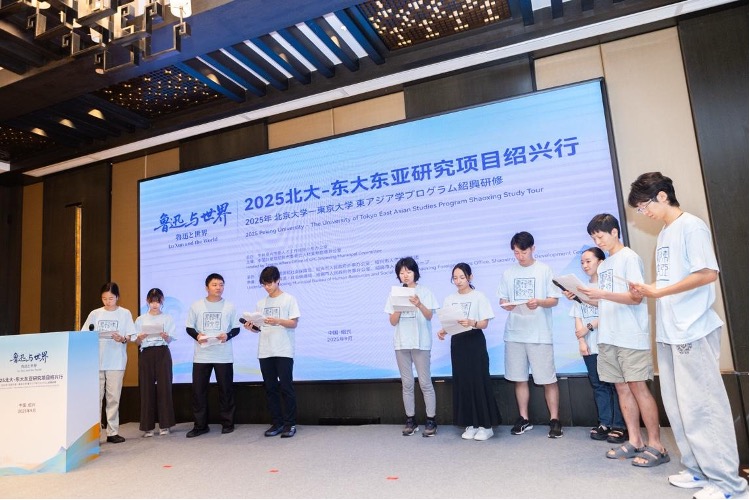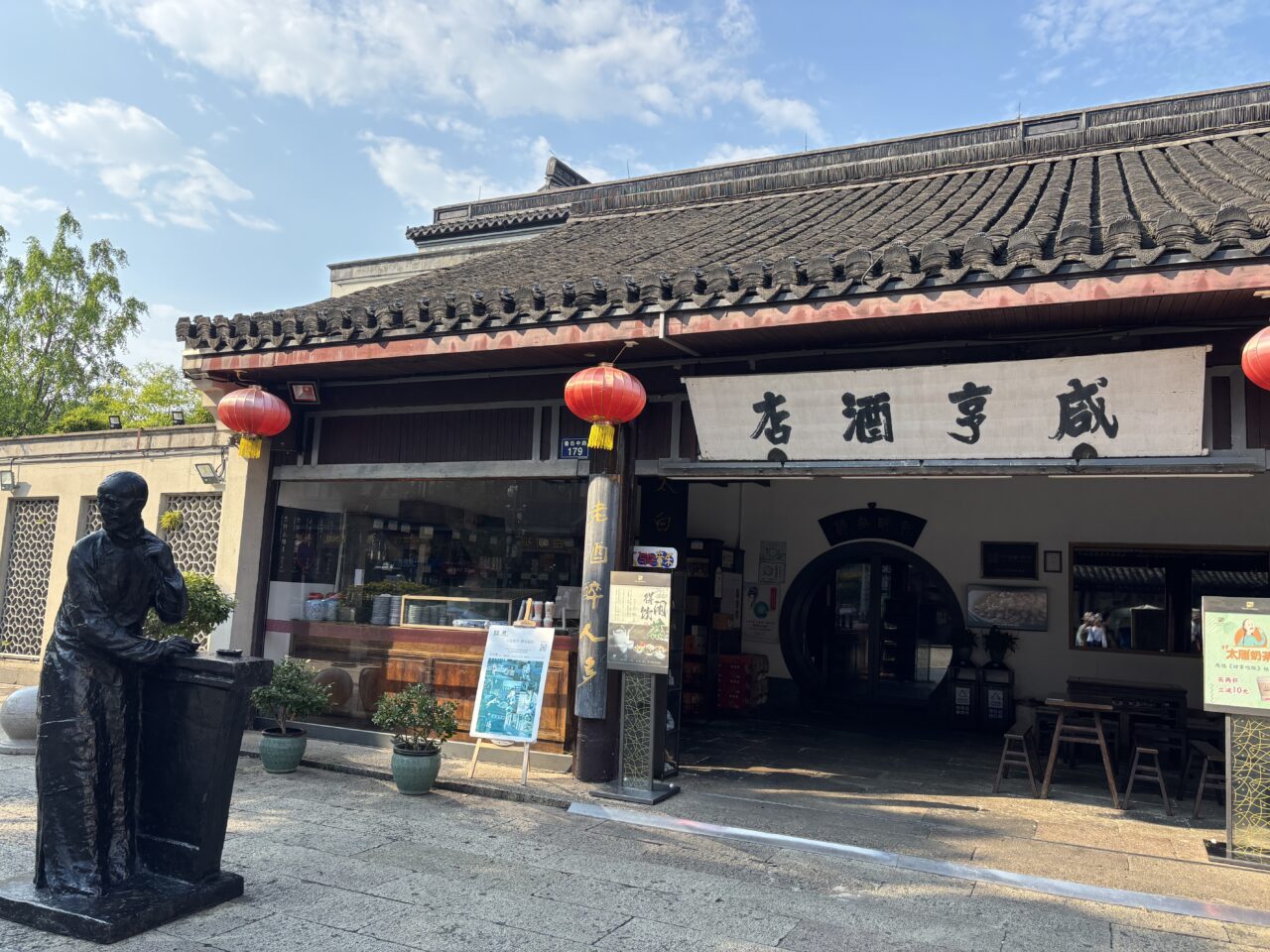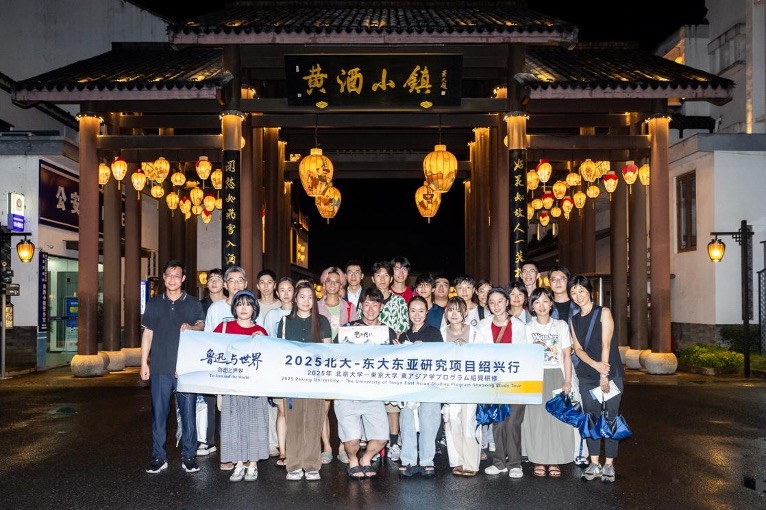The first day began with an opening ceremony in which we received warm welcomes from the organizers. Students from Peking University and the University of Tokyo expressed their gratitude through performances of a song and a recitation of Lu Xun’s Kong Yiji, respectively.


After the opening ceremony, students participated in an icebreaker game to introduce themselves and their hometowns. Echoing the theme of this year’s Summer Institute, the icebreaker game aimed to encourage participants to think creatively about how to narrate localities of the world through their personal experiences.

In the afternoon, we visited Lu Xun’s childhood residence and the private school he once attended. While many of us had previously studied Lu Xun’s writings in classrooms, reading his words on paper, this visit allowed us to re-encounter him within the streets and neighborhoods of his native city.
Like many other revolutionaries of his era, Lu Xun dedicated himself to creating new literature, new political imaginations, and new cultural and moral values oriented toward a society yet to come. To fully grasp the skepticism and critical spirit in Lu Xun’s writings, one needs to situate Lu Xun’s works within the social realities he confronted and to consider why he can be seen as the person living on the edge of a transitional era. Without engaging with these questions, it may not be possible to understand the politics of realism, which serve not merely as an aesthetic technique but as his personal interventions into the social realities of his time.



The first day ended with a visit to the Town of Rice Wine, located in the suburbs of Shaoxing. In contrast to the afternoon’s historical exploration of the city, this trip offered us a glimpse of Shaoxing in its contemporary form, reshaped by ongoing social changes and the rapid development of present-day China.

Reported by Li Jia (Ph.D. student, The University of Tokyo)








